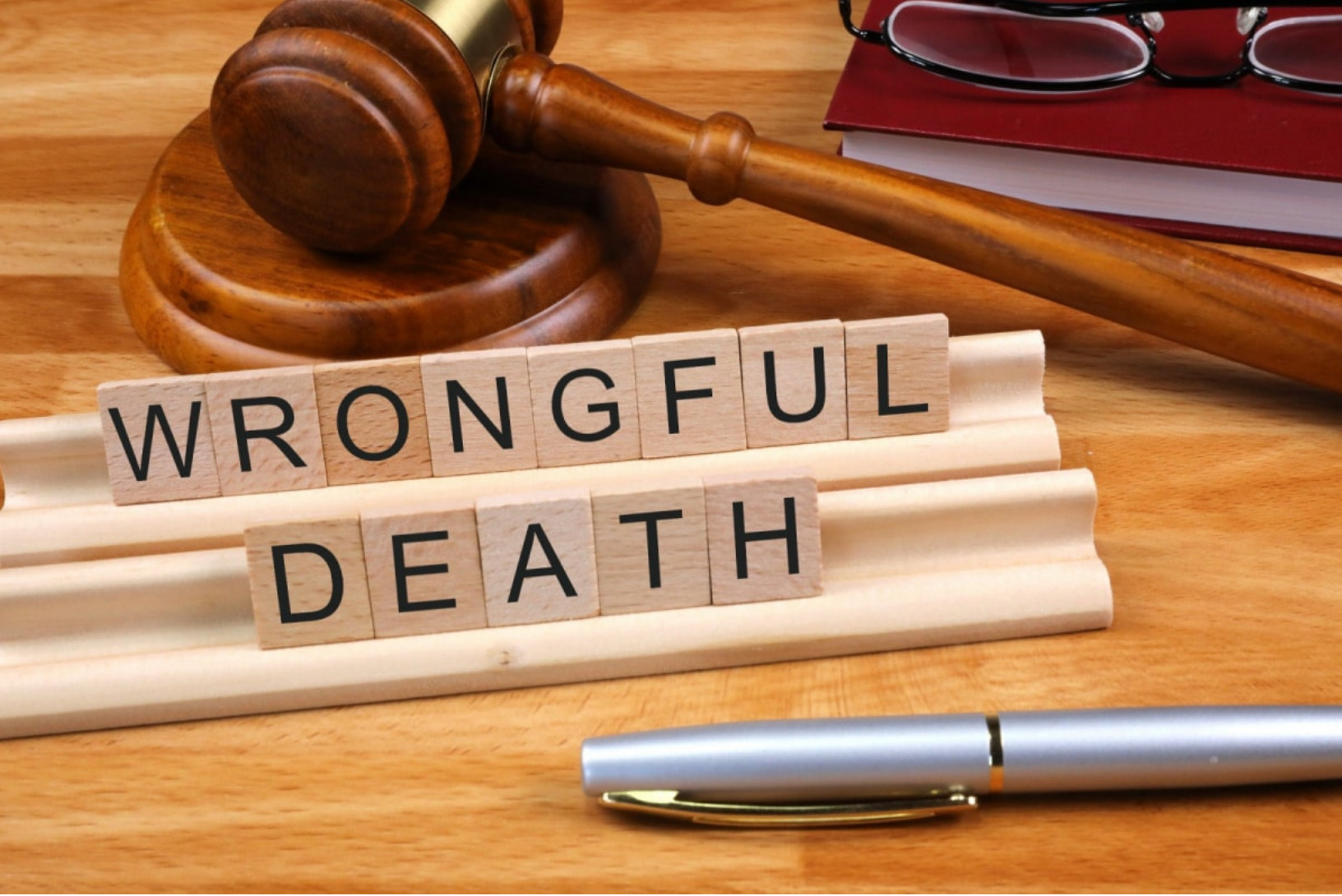A wrongful death happens when someone dies because another person, company, or organization acted carelessly, recklessly, or even on purpose in a harmful way. Legally, it means that the death could have been avoided if the responsible party had acted safely or within the law. Families who lose someone under these circumstances may have the right to bring a lawsuit in civil court to hold the at-fault party accountable.
It is not the same as a criminal case, where the government charges someone with a crime. Instead, it is a civil case, which focuses on compensation for the family. The goal is to provide financial relief for things like medical bills, funeral costs, loss of income, and emotional suffering.
When families face such a tragic loss, they often turn to experienced wrongful death attorneys who know how to handle the legal complexities. These attorneys investigate what happened, gather proof, calculate damages, and guide families through the process. The laws are different depending on the state, so having skilled legal support is important if you believe your loved one’s death was wrongful.
What Situations Count as Wrongful Death?
Wrongful death can occur in many different ways. The common factor is that someone’s actions or failures directly caused the death. Some of the most recognized causes include:
Car Accidents
If another driver is speeding, texting, driving drunk, or breaking traffic laws and causes a fatal crash, that may qualify as wrongful death. This includes motorcycle, truck, pedestrian, or even aviation accidents experienced wrongful death attorneys
when negligence is proven.
Medical Malpractice
Doctors and nurses must provide a standard level of care. When they misdiagnose, make surgical mistakes, give the wrong medication, or fail to act in time, the result can be fatal.
Families may be able to sue for wrongful death if medical negligence caused the death.
Workplace Accidents
Some jobs, like construction, factory work, or transportation, come with higher risks. Employers must follow safety rules and provide training.
If an unsafe work environment leads to a worker’s death, the employer or another responsible party may face a wrongful death claim.
Defective Products
Manufacturers, distributors, and retailers must make sure their products are safe. If a defective car part, medical device, or household item causes death, those companies can be sued.
Premises Liability
Property owners must keep their spaces safe. Fatal accidents caused by dangerous conditions like broken railings, poor security, or slippery floors may qualify as wrongful death.
Nursing Home Neglect or Abuse
Elderly residents rely on staff for care. If they die due to malnutrition, medication errors, untreated injuries, or outright abuse, the facility may be held liable.
Criminal Acts
Wrongful death claims also apply to intentional harm. For example, if someone is killed during an assault or robbery, the family can pursue a civil case for damages in addition to any criminal trial.
Who Can File a Wrongful Death Claim?
Not everyone is allowed to file a wrongful death lawsuit. Each state sets its own rules.
In many states, the personal representative of the deceased’s estate files the lawsuit. This representative may be named in a will or appointed by a court. They file on behalf of the surviving family members.
The people who usually qualify include:
- A surviving spouse
- Children (minor or adult)
- Parents, especially if the deceased was a minor
- Other relatives or siblings, if they were financially dependent on the deceased
States like Florida, Wisconsin, South Carolina, and Colorado all have their own variations, but the general rule is that the closest family members or dependents have the legal right to file.
What Damages Can Families Recover?
“Damages” is the legal term for the types of losses the court can compensate. They fall into different categories:
Economic Damages
These are direct financial losses such as:
- Medical bills related to the injury before death
- Funeral and burial costs
- Lost wages or the income the person would have earned in the future
Non-Economic Damages
These cover emotional and personal losses, including:
- Pain and suffering of surviving family members
- Loss of companionship, guidance, and support
Punitive Damages
In some states, if the responsible party acted with extreme recklessness or intentional harm, the court may award punitive damages. These are meant to punish the wrongdoer and deter similar behavior.
Key Takeaways
- Wrongful death means a death caused by another’s negligence, recklessness, or intentional act.
- Common causes include car accidents, medical malpractice, workplace accidents, defective products, unsafe property, nursing home neglect, and criminal acts.
- Eligible family members to file vary by state but often include spouses, children, and parents.
- Damages can cover medical bills, funeral costs, lost income, companionship, and sometimes punitive damages.
- Deadlines (statutes of limitation) are strict and vary by state.



